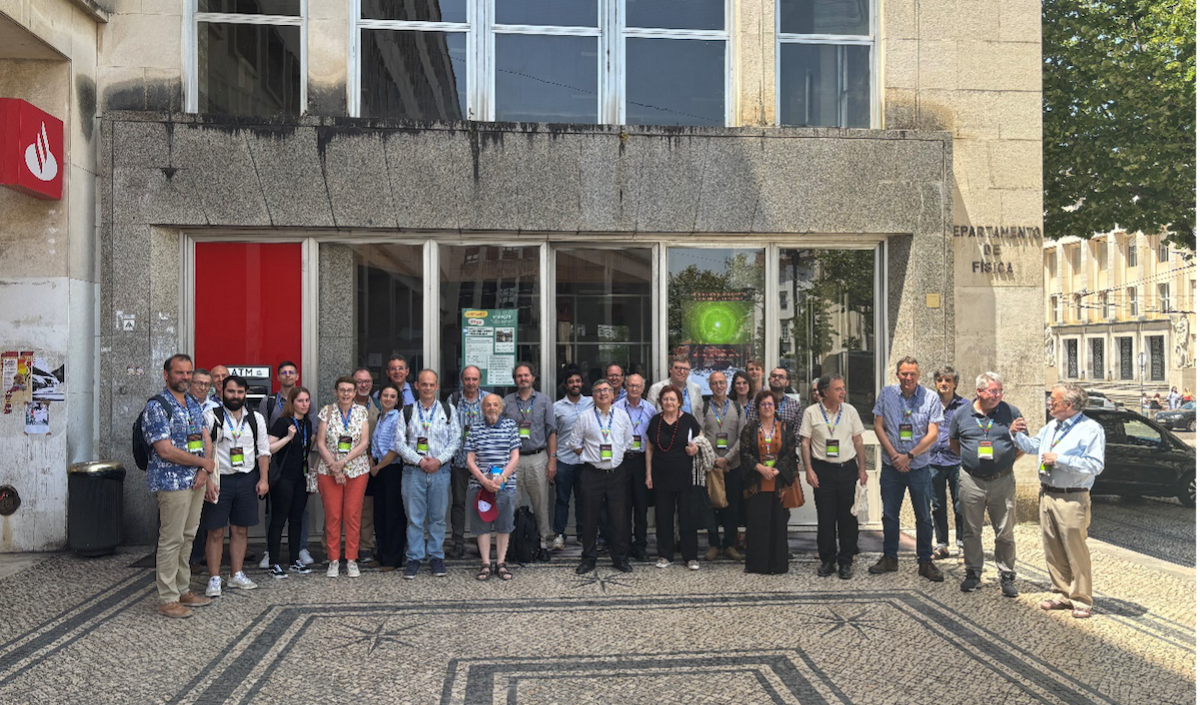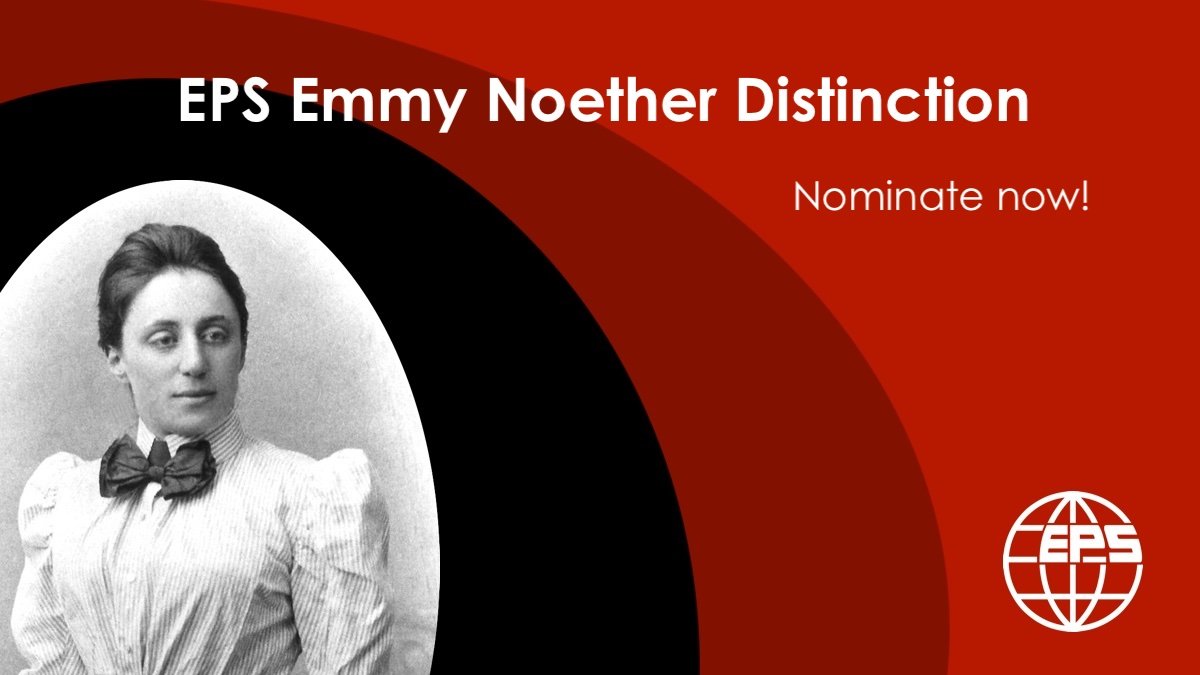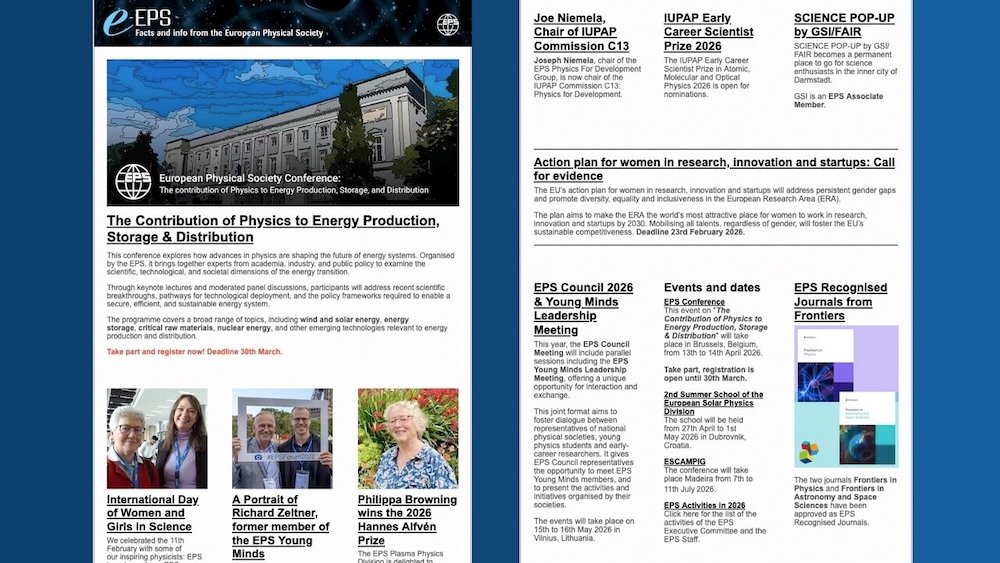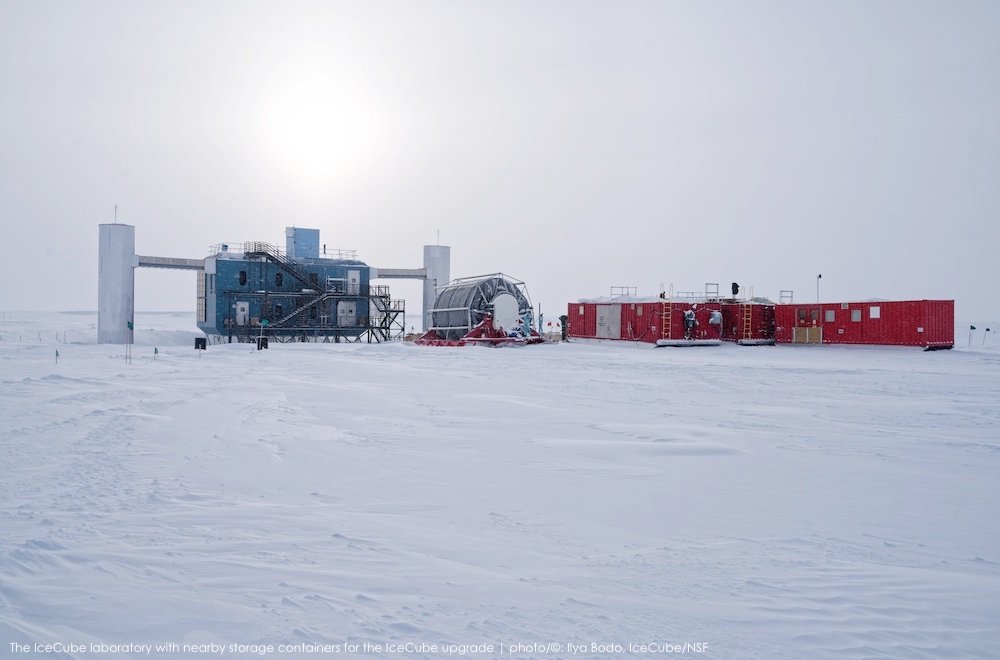The 5th International Conference on the History of Physics took place in Coimbra from 29 to 31 May 2025, under the sponsorship of the Institute of Physics, the History of Physics Group of the European Physical Society, Springer, and the Portuguese Physical Society—represented locally by Professor José Paixão, who enthusiastically and promptly offered his support for hosting the event at his university.
The central theme of the conference was “Physics of the Early Decades of the Twentieth Century,” in alignment with the United Nations General Assembly’s designation of 2025 as the International Year of Quantum Science and Technology (IYQ). This commemorates the centenary of two foundational developments in quantum mechanics: the matrix formulation by Werner Heisenberg, Max Born, and Pascual Jordan, and the wave-mechanics formulation by Erwin Schrödinger.
This conference marked the fifth edition in an ongoing series aimed at bringing together physicists interested in the history of their discipline with professional historians of science. It is founded on the belief that these two communities—each with its own perspectives and methodologies—can greatly benefit from dialogue and collaboration. The history of physics has the power to inspire future generations: by shedding light on the lives and achievements of past scientists and deepening our understanding of enduring conceptual challenges, it serves both as a guide and a source of inspiration.
The programme featured four plenary lectures. The opening talk was given by renowned historian of science Helge Kragh, titled “Antimatter: Its Early History, ca. 1930–1970.” The second lecture, by Dr Michael Jewess, was titled “From the Old Quantum Theory to Quantum Mechanics and Chemical Bonding in the First Half of the Twentieth Century.” Roberto Lalli presented “European Cooperation in Nuclear Fusion Research from the 1950s to the 1970s: The Mutual Impact of Plasma Physics and Controlled Thermonuclear Technology.” The final plenary, delivered by Carlos Fiolhais, was “A Brief History of Science at the University of Coimbra.” (Photo)


Over two and a half days, several engaging oral presentations—and a few posters—offered insights into recent research on the history of physics. A book of abstracts was also produced and can be accessed here.
A highlight of the conference was the award of the Peter Schuster History of Physics Prize to Dr Michael Eckert, who has devoted most of his career to the history of physics at the Research Institute of the Deutsches Museum. (Photo.) The award was given by Professor Heinz Krenn representing theAustrian Physical Society and Professor Malcolm Cooper representing the Institute of Physics, who read a tribute to the awardee written by Professor Dieter Hoffmann (in absentia).
The social programme included a visit to the old University, namely the “Paço das Escolas”, built on the site of Coimbra’s ancient citadel (“Alcáçova”). Participants also visited the Baroque Library, which includes a former student prison in its basement, and the Old Physics Cabinet, an EPS-recognised historical site housing a rich collection of 18th- and 19th-century scientific instruments.
The richness of the presentations and the warm, collegial atmosphere among participants were key to the success of this memorable event.
Authors: Isabel Malaquias José António Paixão






